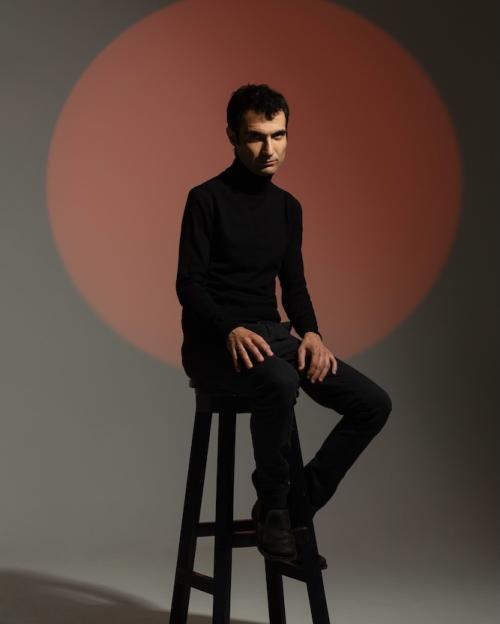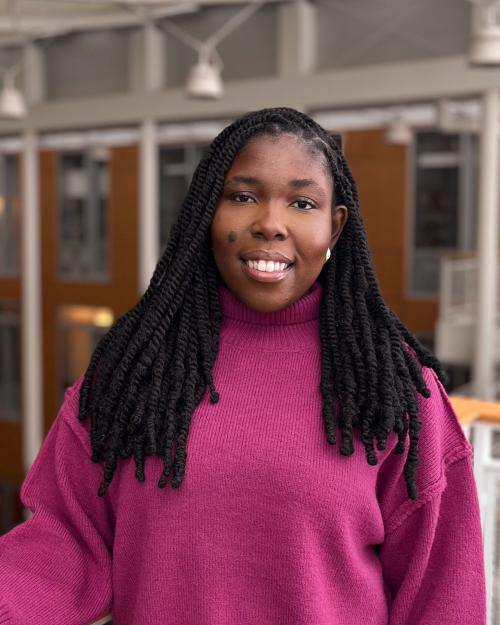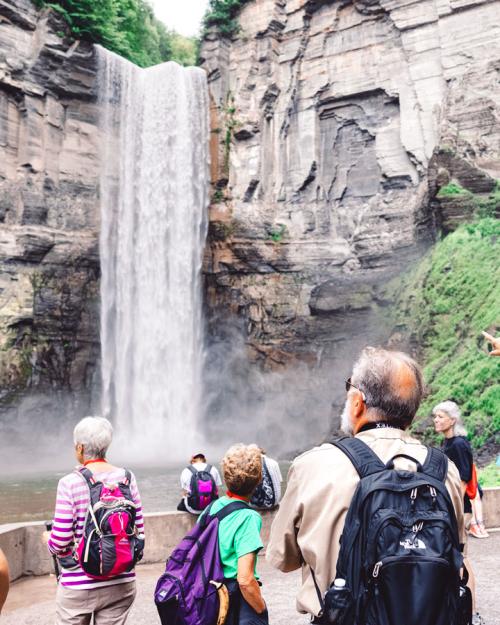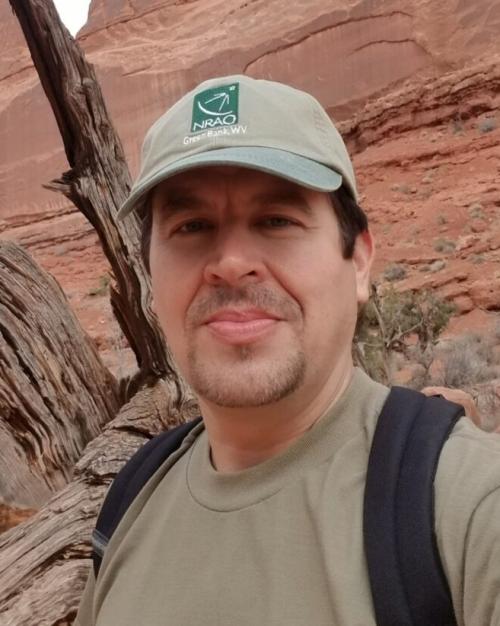Derek Berman is a doctoral student in geological sciences from Los Angeles, California. Berman earned a B.S. in astronomy and a B.S. in geology from University of Massachusetts, Amherst and a M.S. in geosciences from Texas Tech University and now studies the geophysical environment of Mars’ Jezero crater under the guidance of Mike Mellon at Cornell.
What is your area of research and why is it important?
While at Cornell I am working with my advisor to investigate the geophysical environment of Mars’ Jezero crater. Studies include analyses of Mars 2020 Perseverance Rover ground penetrating radar (RIMFAX) data and supporting aspects of instrument operations and data interpretations. My specific area of research involves determining the mechanisms that formed polygonal patterns on the floor of the crater, and how these areas of patterned ground may be related to or influenced past habitability, or the emergence of microbial life. Mars is incredibly important in our search for life within the solar system. It is believed that early in Mars’ history vast quantities of liquid water flowed over its surface and that it may have contained the required components for microbial life to have evolved.
What are the larger implications of this research?
The possible future ramifications of this research cannot be understated, as it may be of significant historic, scientific, and societal value. Finding life on Mars, especially life that evolved separately from Earth, would prove that not only are we not alone in the universe, but that life may actually be fairly common. How we view ourselves and each other as human beings would dramatically change if we knew we are part of a universal community. Perhaps we would learn to set our petty differences aside and better value each other’s lives.
What branch of the military did you serve in?
United States Marine Corps (past active duty) and Massachusetts Air National Guard (current Drill Status Guardsman). Total time in service is 21 years.
How has your military background influenced your experience at Cornell?
My military background has benefited me in two major ways: 1) After having deployed to war torn areas of the world and seeing just how difficult lives are for of so many millions of people, it has given me a very deep sense of gratitude knowing I have the opportunity to take part in history making research at one of the world’s top universities; and 2) learning to work in a high stress military environment teaches a person a lot about how to overcome adversity. Graduate school can be very stressful and challenging. I believe the military conditioned me to better handle the many challenges encountered when navigating a graduate program to completion.
President Pollack has designated this academic year’s theme as freedom of expression. What does freedom of expression mean to you?
To me freedom of expression means that I am allowed to present who I am, as well as my thoughts and ideas, without there being any fear of repercussions or persecution. Everybody is different and not everyone will agree with you or like you, and that is OK. What’s important is that self-expression not be confined to whatever is politically popular at the moment. People are multifaceted and it takes time to know what is really in a person’s heart. Being free to express oneself and having others willing to listen without immediate judgement is important for a healthy society.
What are your hobbies or interests outside of your research or scholarship?
I am very interested in far Eastern cultures to include Buddhist practices and learning the Japanese language.
Why did you choose Cornell to pursue your degree?
I chose Cornell because the departments I wanted to work with had professors whose interests mirrored my own and because within the field of science, Cornell takes a very multidisciplinary approach.
Read the story on the Cornell University Graduate School website.




